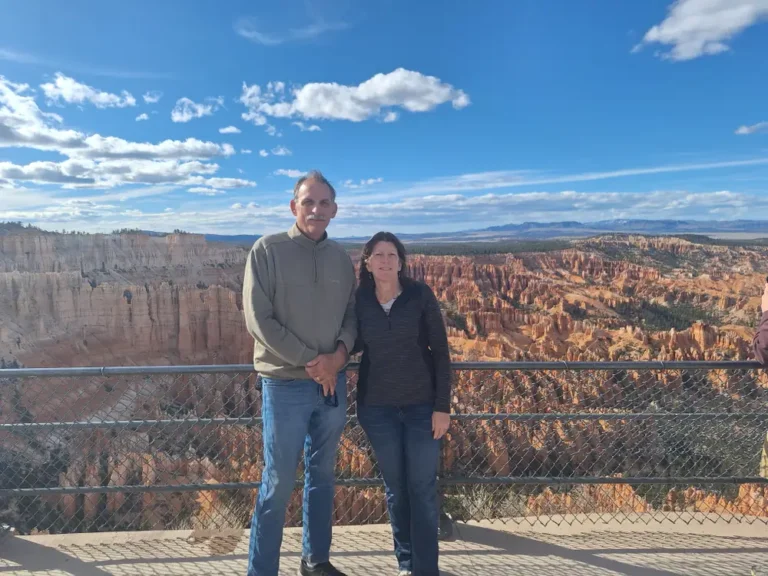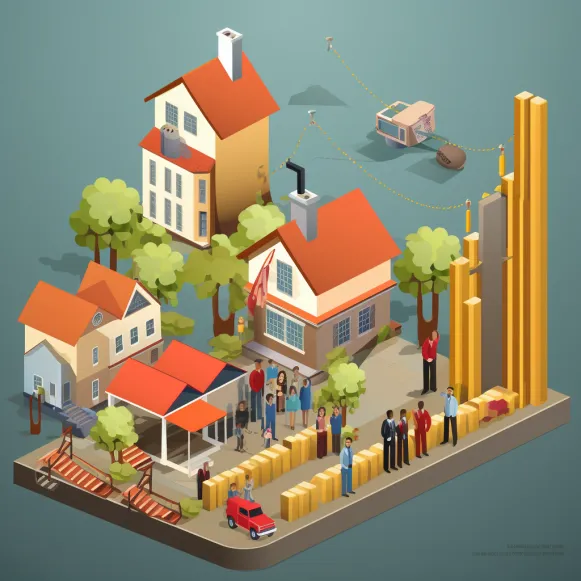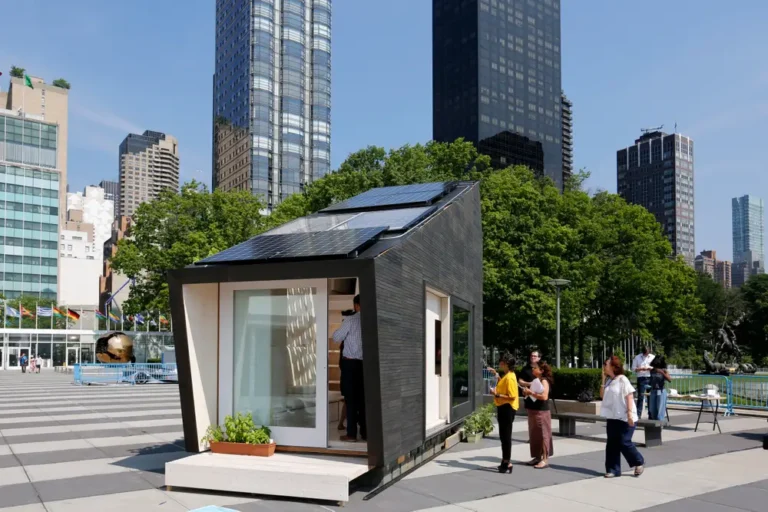Roadkill for supper? How a Bay Area tech worker went back to the Stone Age

Science suggests that spending time in nature is beneficial.
Jessica Carew Kraft, a former Silicon Valley marketer, knew she was on her way to the new life that beckoned from thousands of years ago when she picked up a smelly dead fox from the side of U.S. 101.
She was on her way back to the Bay Area from Santa Barbara, where she had attended a weekend workshop on survival and subsistence skills such as making food, clothing, and tools out of animals — including roadkill.
“When it materialized on the roadside, I had no plan,” Kraft writes in her new book, “Why We Need to Be Wild.” “It was more like the fox grabbed me, offering the opportunity to transform myself, which I desperately wanted to do.”
When she returned home with her daughters, she hid the critter’s body in the garage after swearing the girls, ages 7 and 9, to secrecy. Her husband, a lawyer, encouraged her early forays into a more primitive, nature-connected lifestyle, but only to a point.
“On a lovely Sunday morning in the spring of 2018, I was perspiring over a carcass in the prosperous hills of Berkeley,” she wrote, “lying about my whereabouts and trying to devise a good location to bury a stolen, dead animal so that I could later retrieve its skull for my children’s education.”
She eventually buried the fox beneath a tree with purple vinca blossoms on its eyes. Its slow return to the earth provided periodic lessons for her daughters, and she eventually found the skull she was looking for.
Kraft had left the technology industry, as well as her long commute, dry-cleaned clothing, and sleep deprivation, to embark on a journey that would take her out of her comfort zone, out of her marriage, and, more or less, out of the Bay Area.
“We were not creating a better world through technology,” Kraft said on a recent afternoon in Berkeley’s Remillard Park, where she still spends time after moving to a home in the Sierra foothills in 2021. “It wasn’t actually creating the healthy, happy future, but rather people on screens getting sicker, which was where I found myself.”
Today, Kraft, a writer and editor, saves money by growing and gathering food, making life’s necessities herself, or buying them used, because “we’re all living a little too high on the hog and taking up too many resources.”
Kraft began studying nature in earnest about six years ago, beginning with a UC Berkeley course and frequenting Tilden Regional Park behind the school, where she rediscovered “the wonder and delight of being in nature.” Her next step, attending a primitive-skills gathering, prompted her to reflect on hundreds of thousands of years ago, when people lived nomadic lives, hunting and gathering rather than consuming in a convenient manner. “Learning to survive in nature gave me so much more confidence that whatever happens, I can face it,” she told me.
According to Lisa Nisbet, a psychology professor at Trent University in Ontario, Canada, who studies nature’s effects on physical and mental health, substantial scientific research supports the idea that spending time in nature and deepening connections to the natural world improves health and wellbeing and reduces stress. “When people walk in those places, they tend to have more positive emotions as opposed to negative emotions, more sense of vitality,” says Nisbet.According to Nisbet, the benefits can be significant for those whose immersion in nature is far shallower than Kraft’s. “For some people it may be just they want to enjoy their local park or green space,” she went on to say.
Kraft is aware that her way of life is unusual, but she believes that even small connections to nature provide an antidote to the hectic pace and overconsumption of modern life. Kraft is peeling a blackberry bramble as she speaks, which she rubs, twists, and loops into a length of crude cord a few inches long in a matter of minutes. “This is a really ancient skill, like 130,000 years,” she went on to say. “There is a plant in almost every ecological zone that is strong enough and has the right consistency to make string.” In a few hours, I could make a nice length of cord. It’s not trash when you’re done with it; it’s biodegradable.”
Nature’s bounty, she has discovered, does not always necessitate wilderness. Kraft now studies what’s in between the houses when she walks through a residential neighborhood. “There are so many interstitial spaces and wild places just in this neighborhood,” she says, pointing out edible plants as she walks up a path in the Berkeley hills. “We could really be feeding a lot of people from stuff that’s just weeds.”
Or lying dead by the side of the road.
Kraft discovered a young freshly dead buck beside Highway 108 about four years ago while visiting Gold Country. She awoke early the next morning, packed a knife into her old Toyota Corolla, and attempted unsuccessfully to cram the deer into the trunk. Instead, she hoisted the beast into her back seat with a daughter’s swimsuit and a handkerchief. Flies swarmed her as she used her nascent skills to butcher 60 pounds of meat. “I looked up at the pine tree above me, perfectly bisecting the blasting sunshine on a seventy-five-degree day,” she wrote in her book, “and exclaimed, ‘This is my life!'” I knew I could trust myself.”
Kraft acknowledged what Ken Paglia of the California Department of Fish and Wildlife confirmed: harvesting roadkill is illegal in California. She also admitted that some foraging practices violate other laws, but she has no qualms about it. “Because wild skills are everyone’s birthright, we all should feel welcome and included in access to abundant natural spaces, especially for subsistence,” she wrote.”
Kraft’s primary concern in pursuing her lifestyle has not been cops and game wardens. Her husband sat in the hot tub the first night she and her daughters used friction to start a fire in their Berkeley backyard. “I knew better than to tell him that I’d been experimenting with roadkill squirrel in our kitchen and stretching a goat hide on our back deck stairs,” she wrote in an email.
He hadn’t gone on skills workshops, camping trips, or wilderness treks with her and the girls. Kraft accepts responsibility for the “growing divide” that caused him to reject her foraged greens in favor of “chow down on pre-washed spinach from Trader Joe’s.” They divorced amicably in 2020 after 12 years of marriage, she said.
Today’s lifestyles make many of us weak and soft, with some people in their 40s and 50s unable to even hike, according to Kraft.
Nisbet agreed to some extent. “I’m always stuck on my computer,” she admitted. “Every time I go outside, even when it’s freezing and raining… I never come back in and say, ‘Gee, I wish I hadn’t gone outside for a walk.’ Even if your feet are wet or cold, you feel energized because you have been out in the world.
“Sometimes the most rewarding and beneficial experiences are the ones that are not easy and comfortable.”





